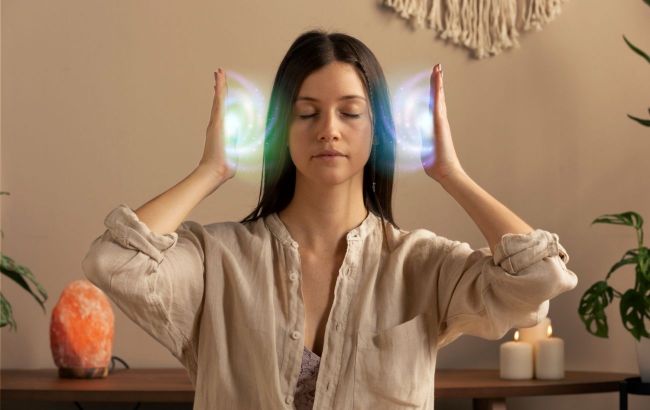How psychosomatics works and what our body tells us
 How psychosomatics affects our body (photo: Freepik)
How psychosomatics affects our body (photo: Freepik)
Psychosomatics is a distinct interdisciplinary field that explores the relationships between psychological, behavioral, and social factors that impact bodily processes.
How psychosomatics affects our organism, according to the medical Instagram portal Berezhy sebe.
How psychosomatics works and what our body tells us
Let's imagine you regularly experience stress due to work. During stress, the body adjusts its functioning, and the scale of the problem becomes irrelevant. Physiologically, the body's reaction will be more or less the same, whether the stress is minor or major.
The primary goal is to optimize the body's energy expenditure for one of these three scenarios: fight, flight, or freeze. The heart starts beating faster, blood vessels narrow to deliver oxygen and nutrients quickly to muscles and organs necessary for survival.
Strategic programs, such as the reproductive system, shut down because preserving energy is crucial. Additionally, the functioning of the hormonal system, which essentially regulates all of this, undergoes significant changes.
All these changes have specific consequences for the body. For example, blood vessels, when frequently constricted, can gradually lose their elasticity and remain in a constantly narrowed state. This leads to elevated blood pressure and further disruptions in heart function.
A less obvious example is the condition of our skin. During chronic stress, we often alter our lifestyle, choosing non-constructive ways to cope with stress:
- consume fast food
- cope with stress using alcohol or other psychoactive substances
- engage in less physical activity and get less sleep
- take less meticulous care of ourselves.

How psychosomatics affects our body (photo: Freepik)
These changes cannot go unnoticed on the skin. Additionally, stress affects the gut microbiota, which also influences the condition of the skin. Stress can trigger the onset of acne.
Nervous picking or squeezing of pimples, difficult to control, leads to worsened skin condition, increased risks of infection, and scarring.
Moreover, stress contributes to inflammatory processes: sebum production changes, the skin becomes more vulnerable to environmental influences, and recovery after wounds slow down. In the presence of a genetic predisposition or chronic skin conditions, stress catalyzes their manifestation.
Does this mean that hypertension and acne are psychosomatic conditions? No, because purely psychosomatic conditions do not exist. A more medically correct term for such conditions would be psychosomatic disorders.
These are complex conditions that have a psychosomatic component and require interdisciplinary collaboration involving several specialists and a psychotherapist.
A person's psychological state can both contribute to the development of illnesses and worsen existing ones. Therefore, to address psychosomatic issues, mindfulness skills are necessary to notice what and how influences one's well-being. Additionally, stress management skills are essential to minimize the negative consequences.
This material is for informational purposes only and should not be used for medical diagnosis or self-treatment. Our goal is to provide readers with accurate information about symptoms, causes, and methods of detecting diseases. RBС-Ukraine is not responsible for any diagnoses that readers may make based on materials from the resource. We do not recommend self-treatment and advise consulting a doctor in case of any health concerns.

